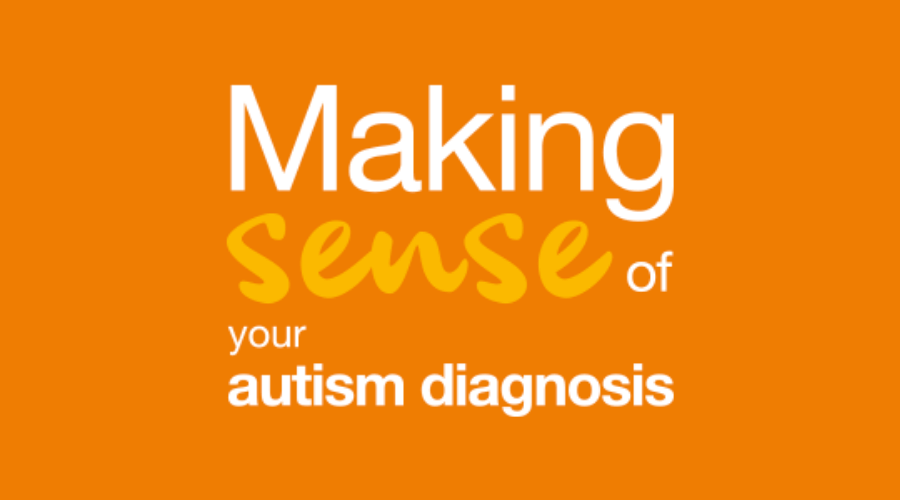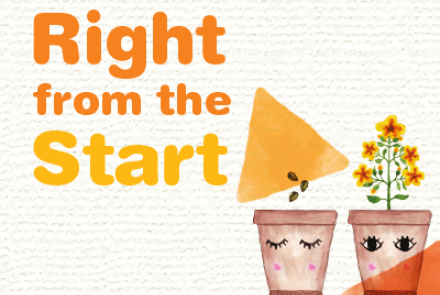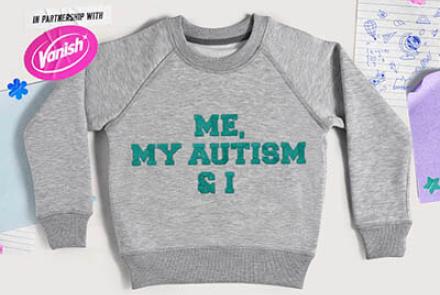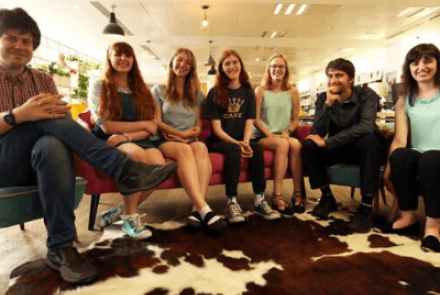Young people create diagnosis resources
A group of autistic young people have shared their experiences of receiving an autism diagnosis, to help others going through the process feel 'less alone’.
Members of Ambitious about Autism’s Youth Network have created a series of new videos and blogs in which they talk about what it felt like to be diagnosed - some as children, teenagers or as young adults.
The group decided to embark on the project to tackle the lack of peer-led advice and support available for young people going through the autism diagnosis process.
Currently 70 percent of under 18s are waiting longer than the NHS 13-week deadline for a medical diagnosis for autism, with an average waiting time of 352 days.
Once a diagnosis is received, NICE guidelines on autism recommend a follow-up appointment within six weeks, a personalised autism plan and a key worker to support the individual. However, research undertaken by Ambitious about Autism revealed this is not often the case with many autistic people provided with very basic support – such as a leaflet or links to further online reading.
The Ambitious Youth Network want this to change and with support from the charity have now created new, free resources giving other autistic young people access to relatable advice from their peers.
Saffron, 22, from Aylesbury is part of the Ambitious Youth Network. She was diagnosed with autism when she was 13. She said:
“My mum and I were given a sheet with various books and websites to visit, but there was barely any information - I mean, how much can you fit on one A4 piece of paper? I don't think it was good enough at all. I didn't understand my diagnosis, so I just ignored it, for years.”
Emily Niner, Participation Programme Manager at Ambitious about Autism, said:
“The young people we work with said lack of follow up support can lead to some young people misunderstanding – or even resenting – their diagnosis.
“They told us they wanted support that was honest about the challenges of being autistic, but also positive and realistic. They wanted more opportunities to hear directly from peers who were experiencing similar situations.
“Throughout the pandemic we have been running virtual peer support sessions for autistic people across England offering an online place to meet new friends and share similar experiences. The new blogs and videos created by our Youth Network will enable even more autistic young people to build understand and acceptance of themselves.”
Saffron, added:
“I hope our videos and blogs will help others understand their diagnosis. I also hope that, if they are angry and upset about not getting the right support, they feel less alone.”







